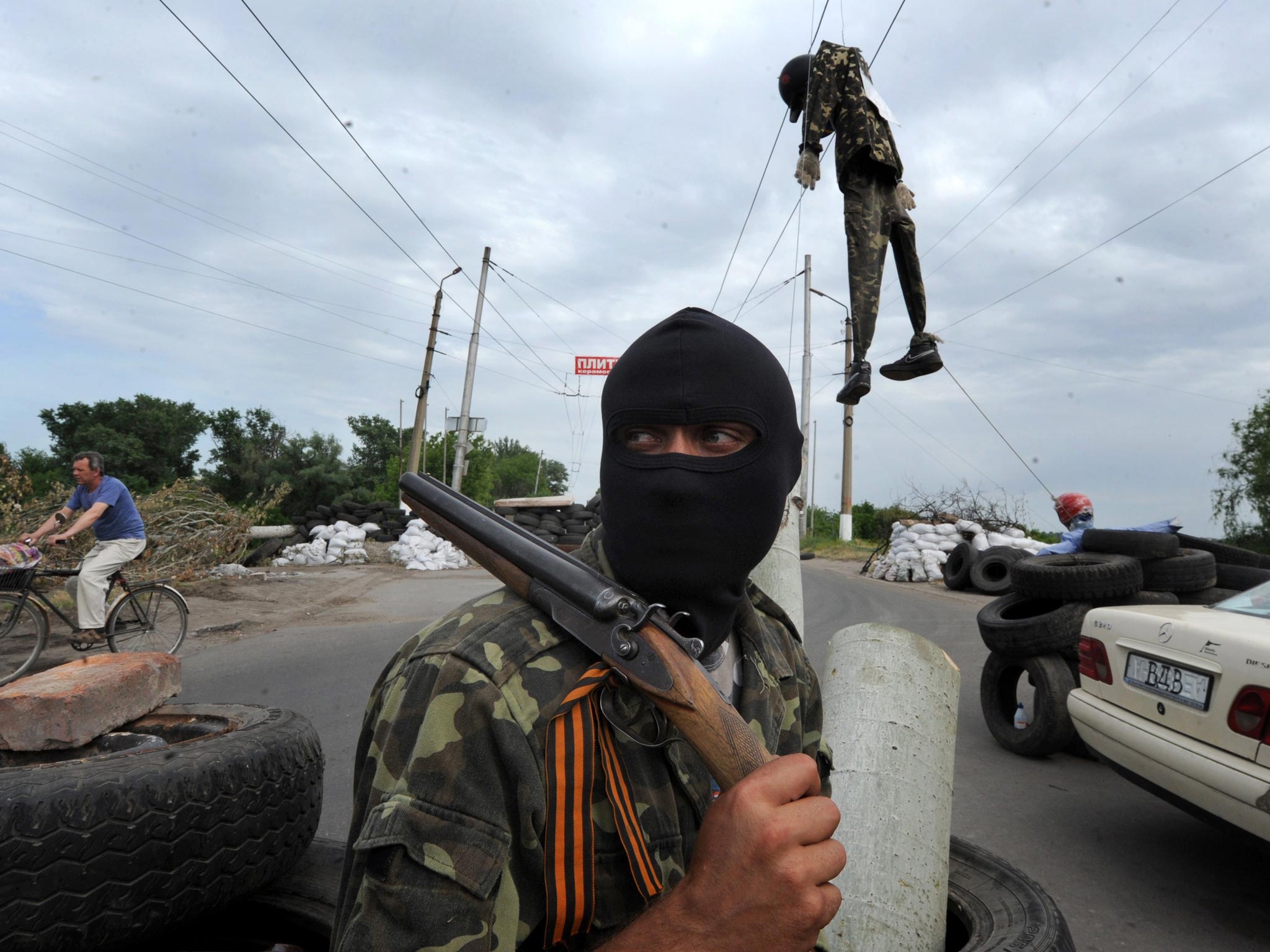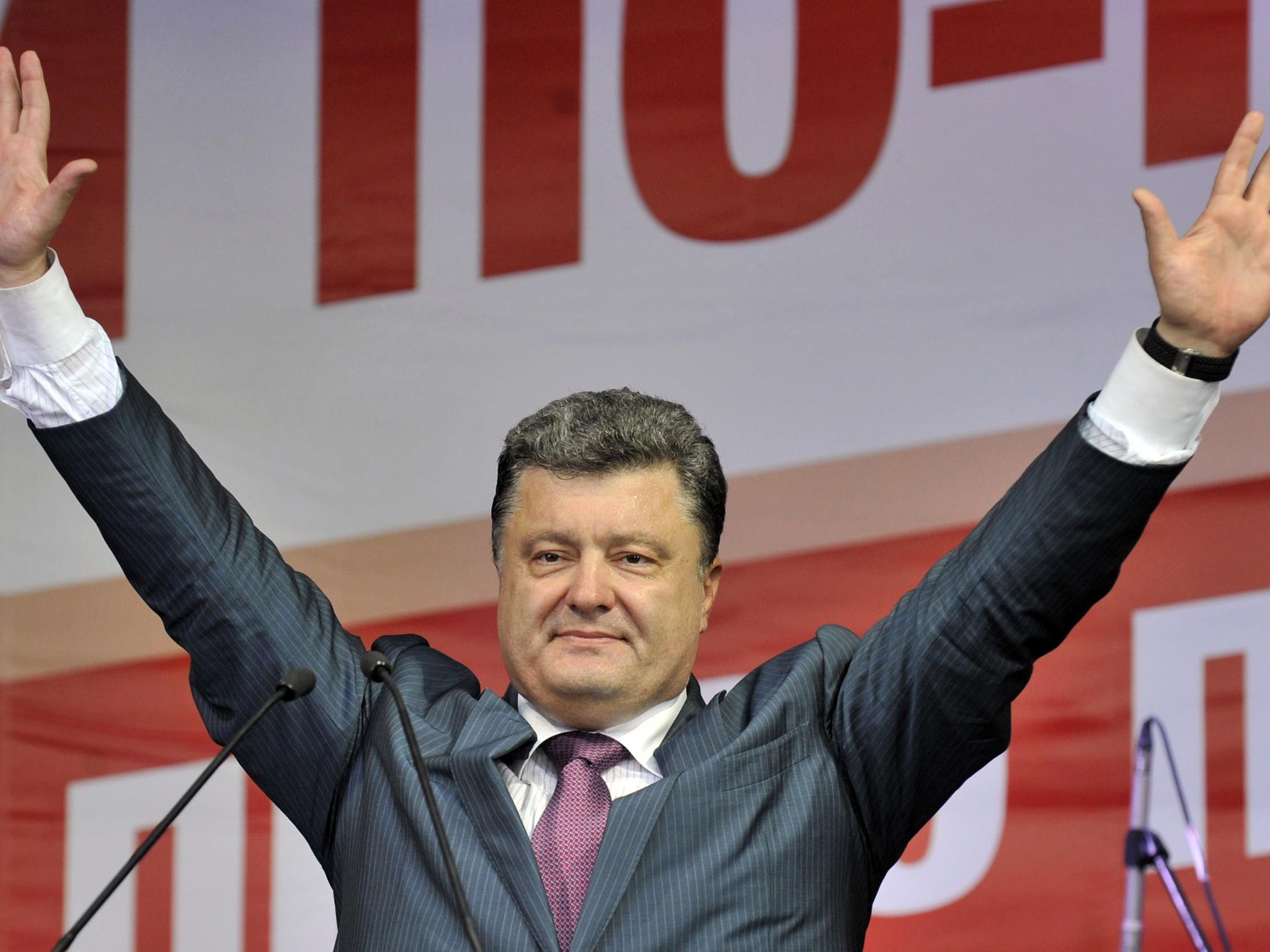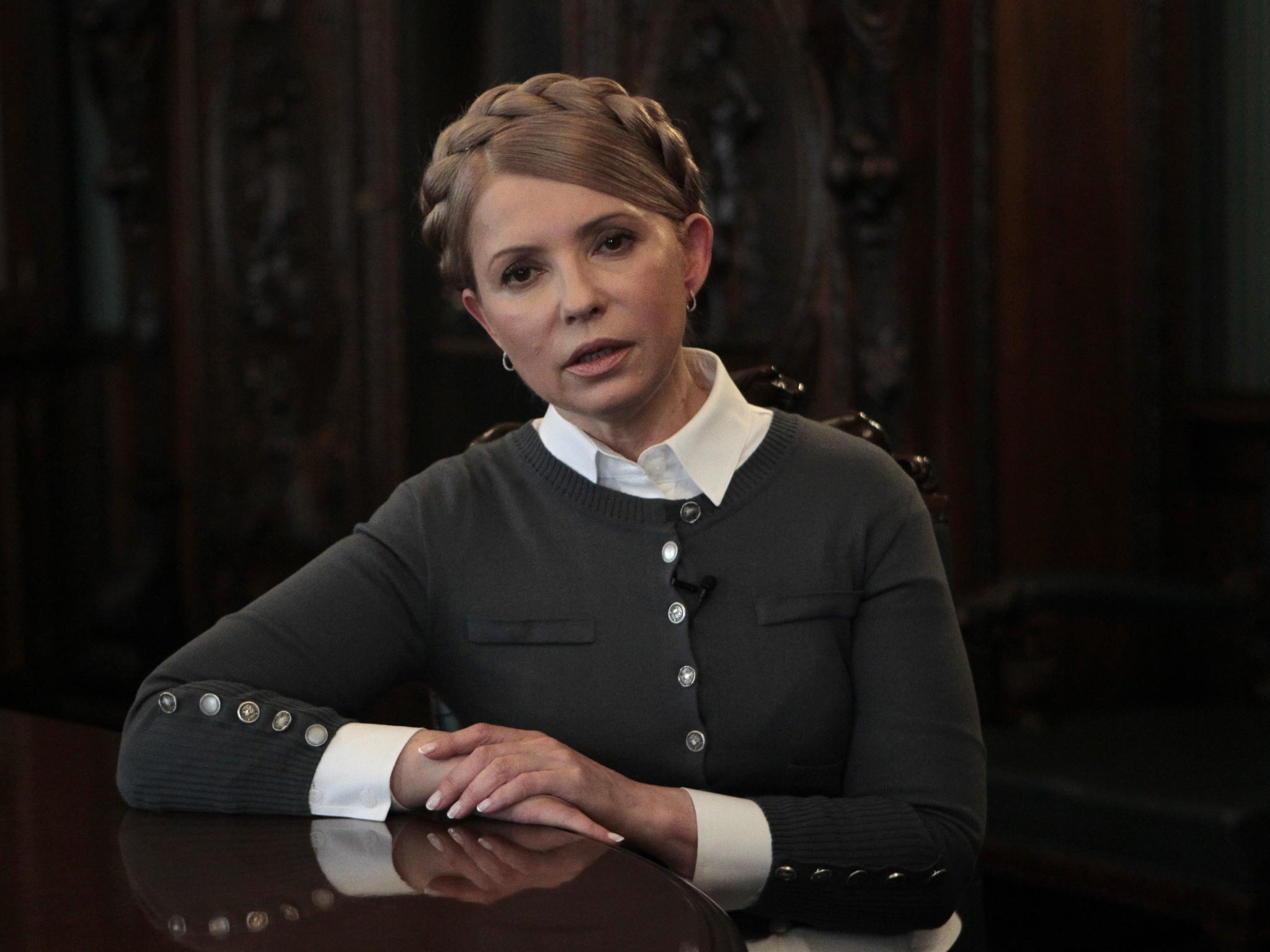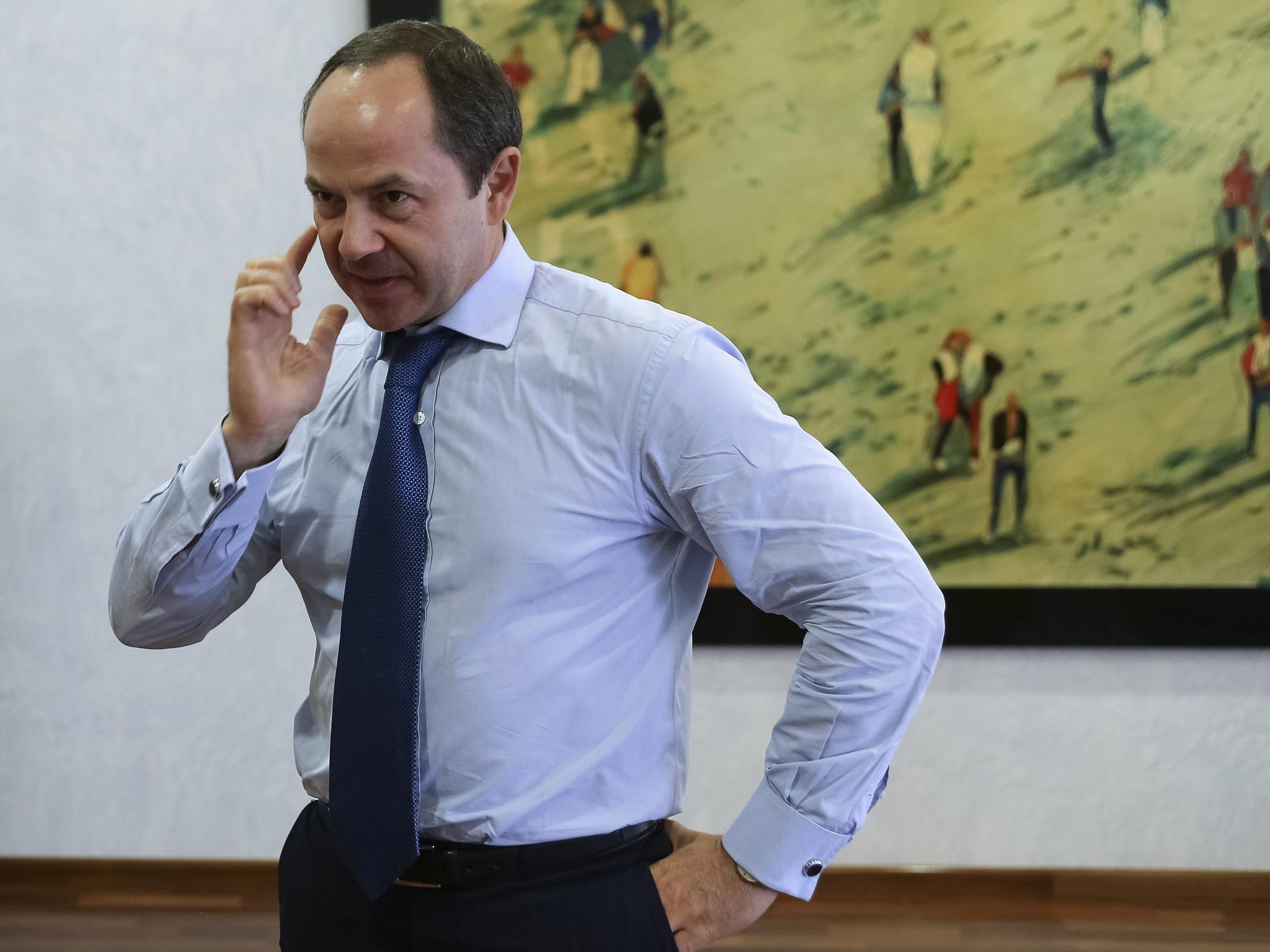Ukraine crisis: The people get their chance to vote on country's future – if they dare
With gunmen on the streets, and a separatist boycott, Sunday’s election seems unlikely to end the turmoil

After months of political uncertainty Ukrainians finally get their say on their country’s future tomorrow in a crucial vote that, it is hoped, will dampen the current crisis.
In restive Donetsk – the scene of clashes in recent months between Ukrainian loyalists and pro-Russian secessionists – there are a few posters and electoral campaigning has been kept to a minimum. Ukrainian television and radio stations are no longer able to transmit here, so many of the population are relying on Russian stations for their news.
International monitors will be overseeing the vote in much of the west of Ukraine, but few are headed to the eastern regions, where monitors from the Organisation for Security and Cooperation in Europe (OSCE) have previously been detained by separatists.
Petro Poroshenko, a billionaire confectionary magnate, is expected to win a landslide victory for the presidency. Trailing some way behind him in the opinion polls is the former Prime Minister, Yulia Tymoshenko.
Many of those who favour elections taking place expressed cynicism about the candidates. “He’s the same as the other oligarchs,” said Alexander, 37, a lawyer working in central Donetsk, when asked his views on Mr Poroshenko. “I don’t see any political forces who have managed to change something in this country.”
Some appeared to view the election not so much a chance to vote for a favoured candidate as an opportunity to exercise their democratic rights.
“Of course there must elections. It is very important for us to vote and elect a legitimate president because the Acting President [Oleksandr Turchynov] is illegitimate,” said Natalya Churinova, a shopkeeper. But she was sceptical about the current leadership in Kiev. “The Ukrainian government doesn’t want to find a compromise. They didn’t want to start dealing with local people here.”
Many in this eastern region say they regard the events of the anti-government Euromaidan protests with suspicion. The overthrown President Viktor Yanukovych was born and raised in Donetsk province and later served as its governor and commanded much of his support in the east of the country. “People here thought he was a crook,” explained one voter in Donetsk, “but at least he was their crook.”

Others here said they felt the current situation was too combustible for an election to take place. “They are useless and they will be illegitimate. It’s civil war now, it’s the wrong time for elections,” said Natalia, waiting for a tram with her two young sons.
There were further clashes in the east of Ukraine today. Three bodies were seen in Karlivka, 12 miles from Donetsk, which is controlled by pro-Russian rebels. A rebel leader later claimed a further 16 had died in fighting – 10 soldiers, four rebels and two civilians – the Associated Press reported. In Kiev, the Defense Ministry said 20 insurgents were killed in an attack on a convoy on Thursday.
The build-up to tomorrow’s election has been blighted by murders, assaults, kidnappings, detentions, imprisonments, and threats against the media, the OSCE said.
On Friday, Russia indicated that it would recognise the results of the vote. “We understand that the people of Ukraine want their country to emerge from this crisis. We will treat their choice with respect,” Vladimir Putin said during the St Petersburg International Economic Forum.

However, Denis Pushilin, head of the separatists’ self-declared Supreme Council, has dismissed the presidential elections as invalid. His increasingly hostile supporters who have taken over Donetsk’s main government building echoed his views.
“How can we vote in elections in another country?” said one man, who gave his name as Anatoly. “According to all international laws we don’t have the right to vote for a Ukrainian president. There will be elections later. We will elect here our president.”
As he spoke, a car with its number plates removed pulled up and a gaggle of thickset tattooed men in tracksuits went into the building. “Show me the people who want to vote, who want to participate in such an election,” Anatoly continued, as a group of elderly pro-Russian women thronged around him. “They should go to their territory, far from the Donetsk and Luhansk regions. Better they go to Kiev and register there.”
The elections were called after President Yanukovych was deposed in February, following widescale protests against his pro-Russian policies, and are scheduled to go ahead despite serious disruptions to the voting preparations in eastern Ukraine.

Thirty-six million people are eligible to vote, but around a fifth of them live in the areas badly affected by the pro-Russian unrest. There will be no elections in Crimea, which was annexed by Russia in March.
Ukrainian elections: The frontrunners
Yulia Tymoshenko
Instantly recognisable for her blonde braid, pro-European Yulia Tymoshenko co-led the 2004 Orange Revolution. She was the country’s first female prime minister but lost elections to Victor Yanukovych in 2010. Jailed for corruption in 2011, she was released after the uprising in February 2014. Many voters now see her as a figure from the past.
Serhiy Tihipko
The former National Bank chairman and deputy prime minister served as a parliamentary member of Victor Yanukovych’s Party of Regions. After Yanukovych fled he revived an old party, Strong Ukraine. He is popular in eastern Ukraine but not in Kiev or the west; disruption to voting in the east means he is unlikely to do well.
Petro Poroshenko
A billionaire chocolate magnate who was Victor Yanukovych’s economy minister, Poroshenko was also the only oligarch on the barricades at the Euromaidan protests. He owns a confectionary company and, crucially, a television station. Despite being in Ukrainian politics since the 1990s, he retains a comparatively clean reputation.
Join our commenting forum
Join thought-provoking conversations, follow other Independent readers and see their replies
Comments
Bookmark popover
Removed from bookmarks